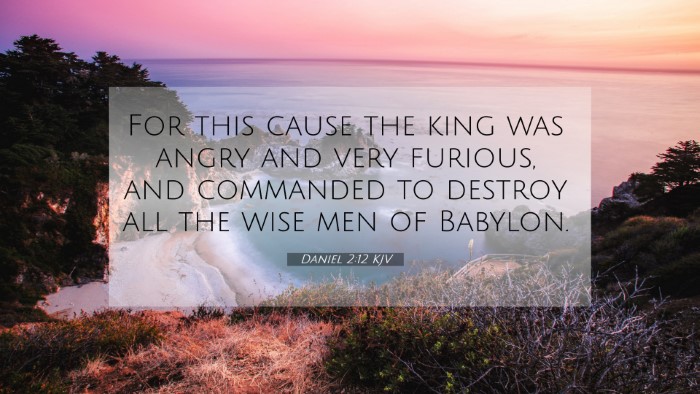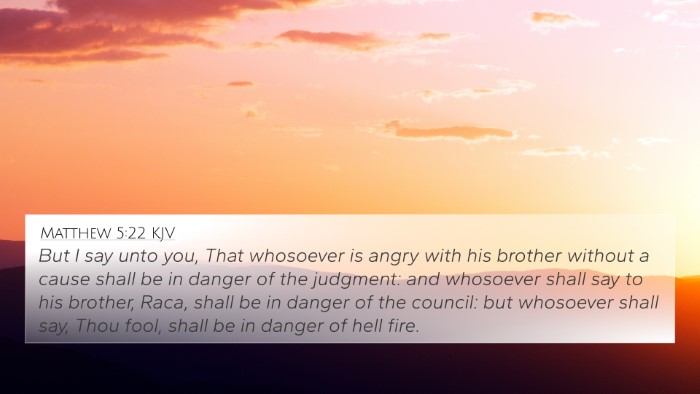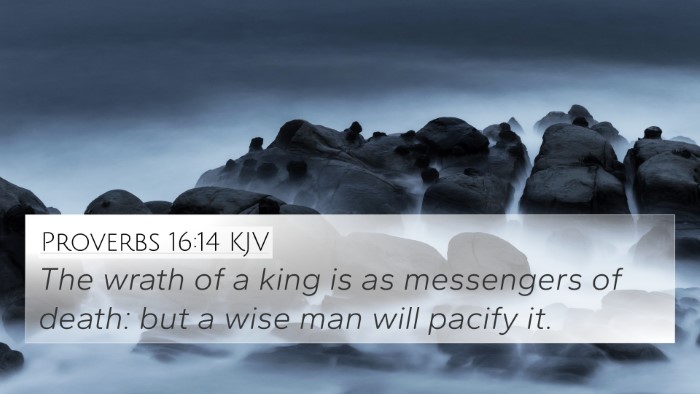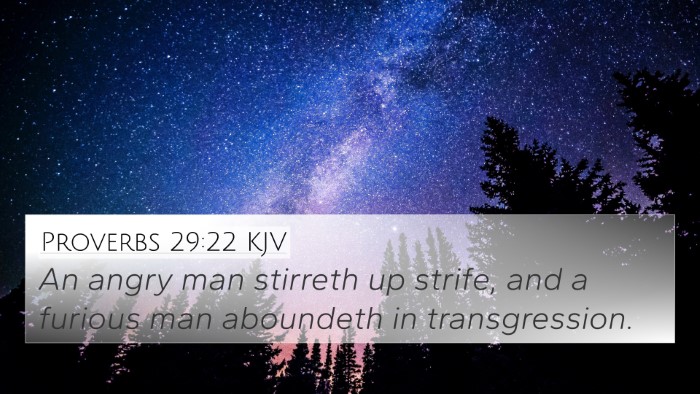Understanding Daniel 2:12
“For this cause the king was angry and very furious, and commanded to destroy all the wise men of Babylon.”
The verse speaks to the intense emotional response of King Nebuchadnezzar when faced with the inability of his wise men to interpret his troubling dream. This frustration demonstrates the king's reliance on the expertise of his advisors and the dire consequences when they fail to deliver.
Context and Analysis
This passage occurs within a critical narrative in the Book of Daniel, wherein the wisdom of the Chaldeans is put to the test against divine revelation. The king’s furious reaction underscores the stakes involved when human wisdom confronts divine purpose.
Key Themes
- The limits of human wisdom: The inability of the wise men to interpret the dream reveals the limitations of their knowledge.
- The sovereignty of God: The ensuing events demonstrate that ultimately, it is God who reveals mysteries to His chosen servants.
- Judgment and consequence: The severe response of the king illustrates the high penalties for failure in leadership roles.
Commentary Insights
Matthew Henry: Henry emphasizes the folly of relying solely on human wisdom without divine guidance. He reflects on how this incident serves to teach that God often brings forth revelation in unexpected ways, often through humble means.
Albert Barnes: Barnes outlines how Nebuchadnezzar's wrath is emblematic of the pressures of leadership and the consequences of failure in critical situations. His commentary brings focus to the king’s authority and the fear that drives his destructive command.
Adam Clarke: Clarke points to the narrative's foreshadowing of Daniel's later rise to power as a result of the king's failure to find interpreters for his dreams. Clarke highlights the ironies present in the story—the wise men who were meant to offer wisdom were themselves left powerless.
Cross-References
Understanding this verse can be enhanced by exploring the following cross-references:
- Proverbs 3:7: “Do not be wise in your own eyes; fear the Lord and shun evil.” This verse parallels the theme of human wisdom's limitations.
- Isaiah 55:8-9: “For my thoughts are not your thoughts, neither are your ways my ways,” informing how God's perspective far transcends human reasoning.
- 1 Corinthians 1:19-21: This New Testament passage reflects on the folly of worldly wisdom in contrast to God's wisdom.
- Jeremiah 8:9: “The wise men are put to shame; they are dismayed and taken; behold, they have rejected the word of the Lord.” This verse underscores the futility of human wisdom in rejecting divine counsel.
- Job 28:12-13: Discusses the search for wisdom and the acknowledgement that it cannot be found among the wise men.
- Daniel 1:20: “In every matter of wisdom and understanding about which the king inquired of them, he found them ten times better than all the magicians and enchanters.” This foreshadows the value of true wisdom that Daniel will later exhibit.
- Matthew 7:24-25: The importance of being wise like the man who built his house on the rock, illustrating the need for a strong foundation—a direct contrast to the uncertain wisdom of Babylon's wise men.
The Importance of Cross-Referencing
In exploring Bible verse parallels such as Daniel 2:12, one can utilize tools for Bible cross-referencing that illuminate the interconnectedness of Scripture.
Tools for Bible Cross-Referencing
Utilizing a Bible concordance or a cross-reference Bible study guide can help in discovering Bible verses that relate to each other and observing thematic links. Resources such as these assist in the process of:
- Identifying connections between Old and New Testament writings.
- Conducting a detailed cross-reference between the Gospels.
- Comparative study of Pauline epistles, revealing insights into apostolic teachings.
- Examining links between the Prophets and New Testament themes.
User Intent and Biblical Interpretation
As you seek to discover what verses are related to Daniel 2:12, consider exploring similar narratives or themes that share parallels in meaning, such as the nature of divine wisdom and the failures of human understanding. Such studies can enhance your comprehension of both the individual verse and the broader text it resides in.














